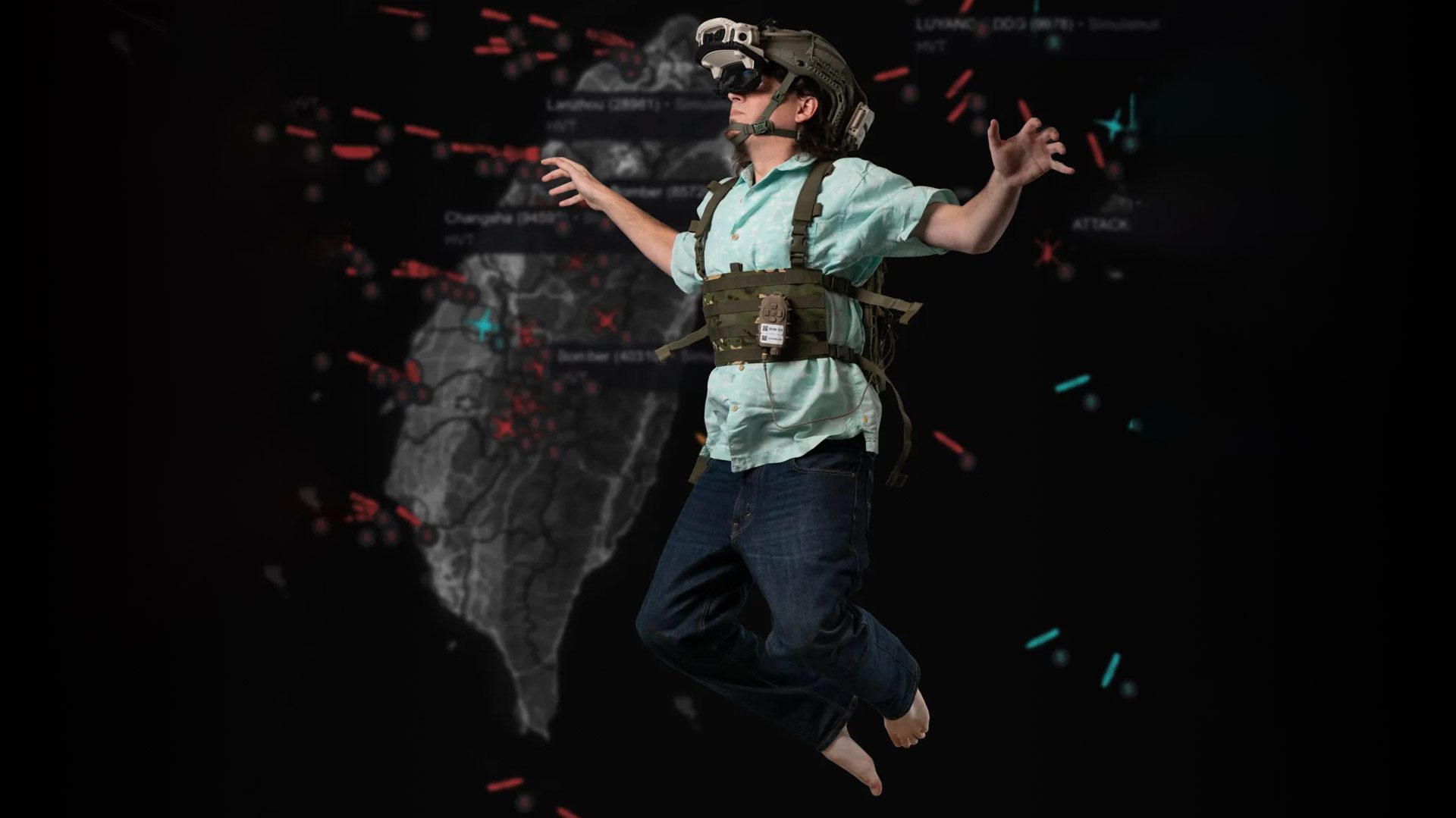- Magic Beans
- Posts
- When Tech CEOs Become Colonels
When Tech CEOs Become Colonels
Silicon Valley executives are now literal military officers while running their companies—blurring the line between corporate profit and national defense


Hey everyone, it’s Cosmo.
On June 13th, 2025, the U.S. Army officially swore in four Silicon Valley executives as lieutenant colonels in the Army Reserve through "Detachment 201: The Army's Executive Innovation Corps". The new officers are Shyam Sankar, Palantir's chief technology officer; Andrew Bosworth, chief technology officer of Meta; Kevin Weil, OpenAI's chief product officer; and Bob McGrew, an advisor at Thinking Machines Lab and former chief research officer for OpenAI. This isn't just another public-private partnership. It's a formalization of the merger between Silicon Valley's most powerful companies and America's military apparatus.
The New Officer Class
The Army describes Detachment 201 as bringing "top tech talent into the Army Reserve to bridge the commercial-military tech gap" and is designed to fuse cutting-edge tech expertise with military innovation. These executives will serve part-time as senior advisors who will "work on targeted projects to help guide rapid and scalable tech solutions to complex problems."
The Army frames this as part of the broader Army Transformation Initiative, which aims to make the force "leaner, smarter, and more lethal." But the language is sanitized, and the implications are profound. We're witnessing the creation of a new class of military officer—one that maintains simultaneous loyalty to corporate shareholders and military command.
These aren't traditional reservists who put civilian careers on pause for military service. These are active corporate executives who will continue running companies worth hundreds of billions while wearing the uniform of the U.S. Army. The potential for conflicts of interest isn't just theoretical—it's structural.
The Palantir Problem
Palantir's inclusion is particularly troubling given the company's deep entrenchment in military operations. Palantir has become "a cornerstone of Army modernization for years," providing everything from intelligence analytics through the Distributed Common Ground System-Army to its Vantage data platform supporting 100,000 users, to its TITAN system that gives the service "deep-sensing and sensor-fusion capabilities."
Now Palantir's CTO will literally be inside the military structure, advising on technological solutions that could directly benefit his employer. The company is already working with the Army to develop "a new command-and-control architecture from the ground up" alongside Google and Anduril. The line between corporate profit and national security has become not just blurred, but erased entirely.
Democracy's Digital Dilemma
When the people making decisions about military technology are the same people who profit from those decisions, democratic accountability becomes challenging. The tech industry has spent decades arguing that regulation stifles innovation, that government oversight hampers their ability to solve complex problems. Now they're positioned to shape policy from within while maintaining their corporate interests.
The Precedent Problem
This move sets a dangerous precedent. If tech executives can be fast-tracked to lieutenant colonel positions based on their corporate expertise, what's to stop pharmaceutical executives from becoming military medical advisors? Defense contractors from becoming procurement officers? The military's traditional chain of command and accountability structures weren't designed for officers with divided loyalties.
Questions We Should Be Asking
Will these executives recuse themselves from military decisions that could benefit their companies?
How will conflicts of interest be identified and managed?
What happens when military objectives conflict with corporate profits?
Who will these officers answer to when their corporate and military duties clash?
How does this affect the military's traditional separation from commercial interests?
The Broader Corporate Entrenchment
This isn't happening in isolation. All four companies have been "entrenching themselves in military technology development." OpenAI has partnered with Anduril on "artificial-intelligence-enhanced air-defense systems." Meta has begun partnering with companies like Anduril to work on AI tools for the military, recently announcing a new partnership to develop extended reality (XR) products for soldiers. Thinking Machines Lab, established earlier this year and employing "a large number of former OpenAI developers," focuses on human-AI collaboration—"a key necessity for the Army" as it works on battlefield integration.
The Pentagon describes this as building on a tradition dating back to "World War II-era scientists to modern advisory boards like the Defense Innovation Board." But those historical precedents involved temporary consultation, not ongoing dual loyalties. Detachment 201 represents something entirely new: "embedding senior tech execs directly into the Army Reserve as uniformed officers" while they continue running their companies.
The creation of Detachment 201 represents more than just military modernization. It's the institutionalization of corporate power within our military structure. When private interests become indistinguishable from public service, democracy itself is at risk.
What's Next?
The Army hasn't provided details about "how large the detachment will grow to or how fast the service will expand it by bringing in new personnel from the tech sector." The announcement describes the June 13th swearing-in as "just the start of a bigger mission to inspire more tech pros to serve without leaving their careers".
This expansion plan should alarm anyone concerned about democratic governance. Citizens should demand transparency about these arrangements. We need clear disclosure of all financial relationships, mandatory recusal protocols, and independent oversight of any military contracts involving these executives' companies. The revolving door between government and industry has been a problem for decades, but this represents a new level of institutional capture.
The military's mission is to protect and defend the Constitution, not to serve as a vehicle for corporate profits. When those missions conflict, which will take precedence? The answer to that question will define whether we're witnessing military innovation or democratic erosion.
Magic Beans of the Week
Thank you for reading. Till next week! 😊
Best,
Cosmo




